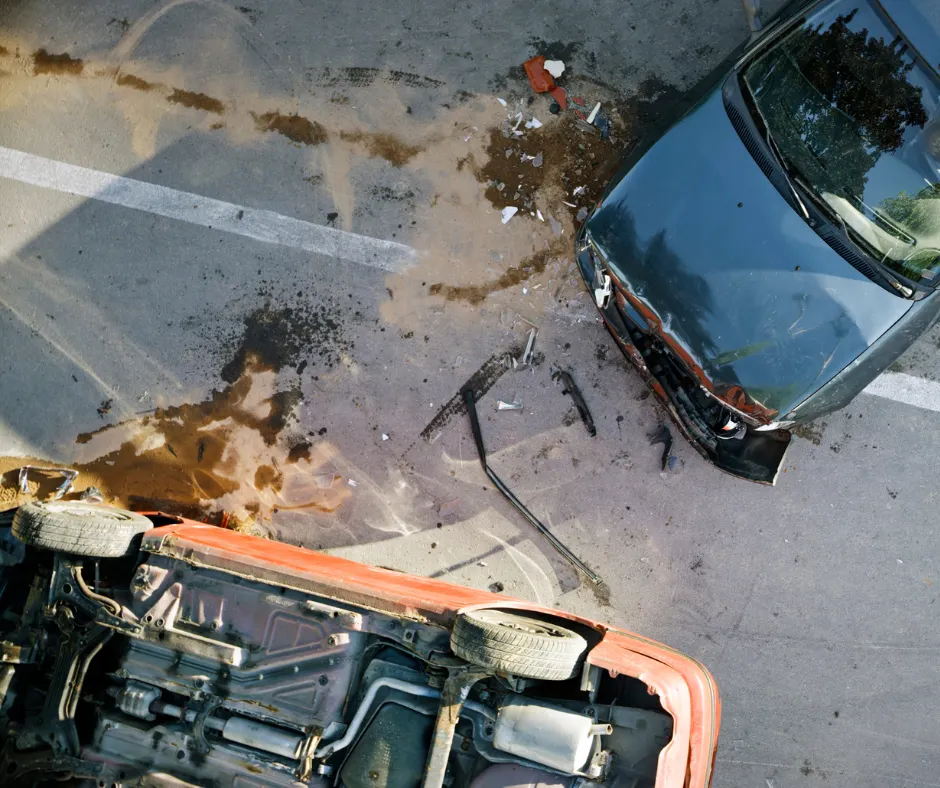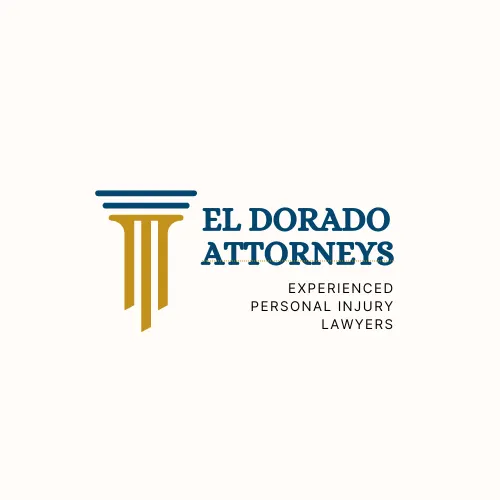Auto Accidents
Car accident injuries
Vehicle accidents can result in a variety of wounds, from small cuts and bruises to serious, permanently altering wounds that need continuing medical care. The kind and degree of the injury depend on a number of variables, including the passengers' age and physical condition, the point of contact, the vehicle's speed, and the employment of safety equipment. The most frequent vehicle accident injuries and their possible effects on sufferers will be covered in this article.
Common car accident injuries
-
Whiplash
-
Head and Brain Injuries
-
Spinal Cord Injuries
-
Broken Bones
-
Internal Injuries
-
Psychological Injuries
Whiplash
One of the most frequent injuries following an automobile collision is whiplash. The neck and spine are injured when the head is violently yanked back and forth. Whiplash symptoms might include headaches, stiffness in the neck, and discomfort. Although whiplash is often a minor injury, complete recovery can take many weeks or even months.
Head and Brain Injuries
Head and brain injuries from car accidents can range from minor concussions to serious traumatic brain injuries (TBI). These wounds may develop if the head strikes a hard object, such as a dashboard, window, or steering wheel. Headaches, lightheadedness, disorientation, memory loss, and changes in mood or behavior are some signs of head and brain trauma. Serious head and brain traumas may result in permanent impairment or even result in death.
Spinal Cord Injuries
Spinal cord damage from a vehicle collision can cause paralysis or other movement problems. When the spinal cord is injured, whether directly through trauma or indirectly by stretching or compression, it results in spinal cord injuries. Loss of feeling, a lack of ability to control one's muscles, and breathing problems are all potential symptoms of spinal cord injury. These wounds can be very serious and need continuing medical care.
Broken Bones
A typical injury following a vehicle collision is broken bones. These can happen when the body is subjected to a lot of force, such as when a passenger's body strikes the car's interior. Broken bones can lead to discomfort, edema, and movement problems. While a cast or brace may usually repair most broken bones, more serious fractures could need surgery.
Internal Injuries
Internal injuries from car accidents can potentially be life-threatening if ignored. When the internal organs of the body sustain damage from blunt force trauma, internal injuries result. Abdominal discomfort, breathing problems, and internal bleeding are all signs of internal injuries. These wounds can be cured with surgery or other medical procedures, but they need to be addressed very away.
Psychological Injuries
Psychological effects from car accidents might include post-traumatic stress disorder (PTSD), anxiety, and depression. Even if the accident-related bodily injuries were relatively mild, these injuries can still happen. Flashbacks, nightmares, and trouble sleeping are a few signs of psychological damage. These wounds may be chronic and need continuing care, such as therapy or medication. Car accidents can cause financial losses in addition to the physical and psychological harm mentioned above. Medical costs missed pay, and property damage is just a few examples of these damages. Car accident victims may be eligible for financial compensation for these losses as well as for their suffering.

Conclusion:
Vehicle accidents can result in a variety of wounds, from minor cuts and bruises to serious, life-altering wounds that need continuing medical care. Potential injuries from a car collision include whiplash, head and brain injuries, spinal cord injuries, shattered bones, internal injuries, and psychological trauma. It is crucial to get medical care right away and speak with a qualified personal injury lawyer if you have been hurt in a vehicle accident. An attorney can assist you in navigating the court system, pursuing damages claims, and ensuring that your rights are upheld.
